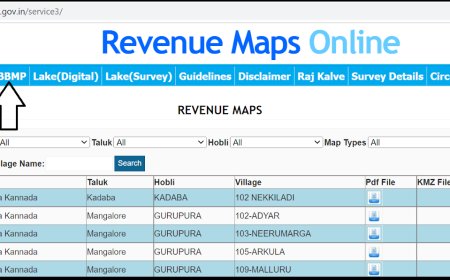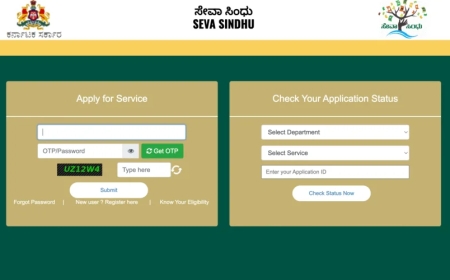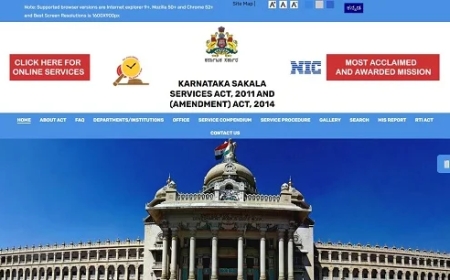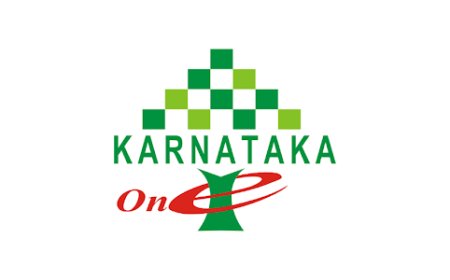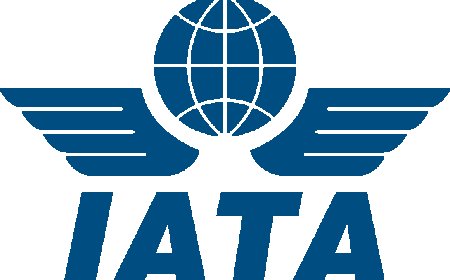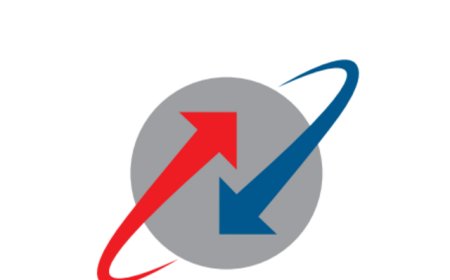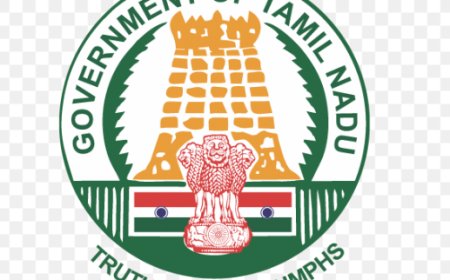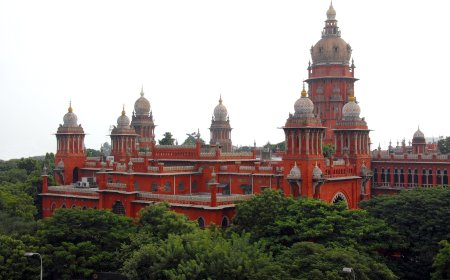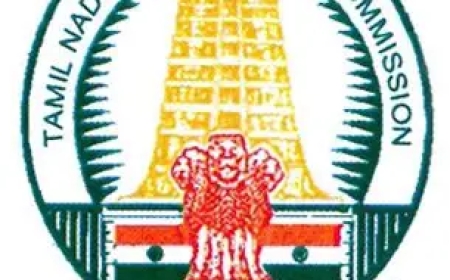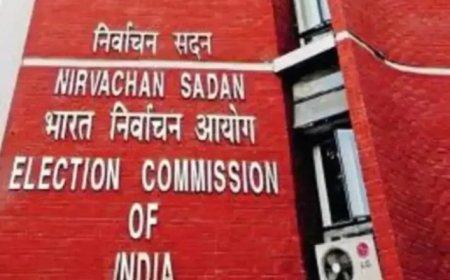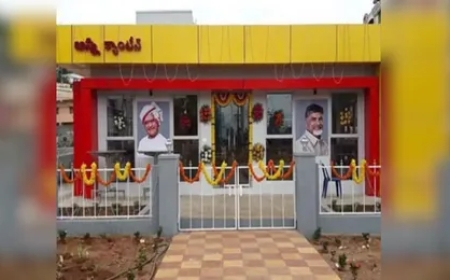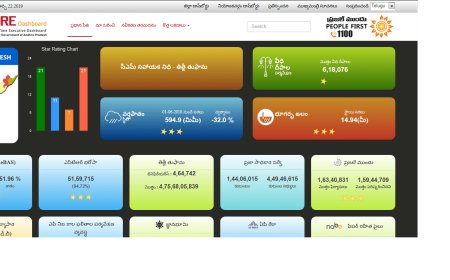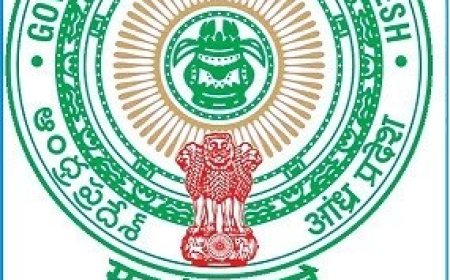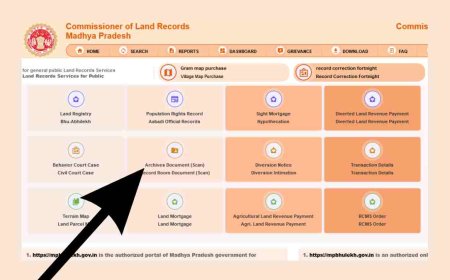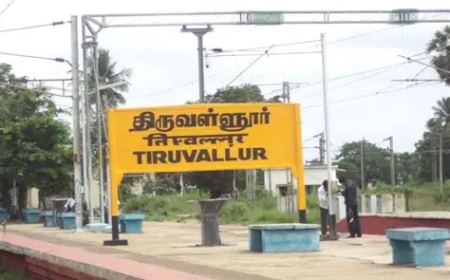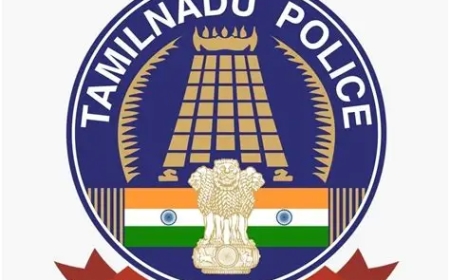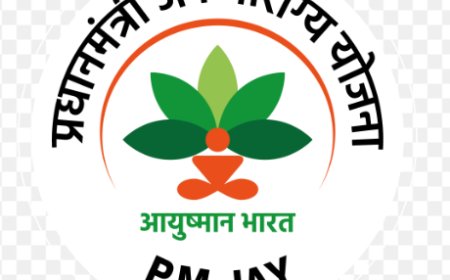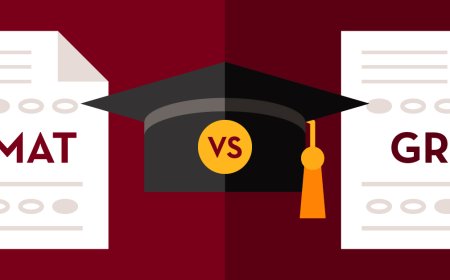Why Are Protests Erupting Again in Pakistan-Administered Kashmir?


Islamabad, Pakistan – A tense atmosphere prevails in Pakistan-administered Kashmir as the region enters its fourth day of a total shutdown. The unrest has resulted in the deaths of at least 15 individuals, including three police officers, amid violent confrontations between demonstrators and security personnel.
Numerous others have sustained injuries on both sides as the impasse persists.
Related Articles
A government delegation arrived in Muzaffarabad, the capital of the territory, on Thursday to engage in critical discussions with the Jammu Kashmir Joint Awami Action Committee (JAAC). This coalition, representing traders and civil society, has become the voice of widespread dissatisfaction in the area.
Under the leadership of activist Shaukat Nawaz Mir, the JAAC initiated a lockdown on September 29, effectively paralyzing several districts in Pakistan-administered Kashmir, also known as Azad Jammu and Kashmir (AJK).
In response, the government has enforced a complete communications blackout, severing mobile and internet connections since September 28.
Muzaffarabad’s typically lively markets are deserted, with street vendors and public transport absent, leaving the region’s approximately four million residents in a state of uncertainty.
Authorities have issued a statement asserting efforts to restore order and cautioning the public against being misled by what they describe as propaganda and “fake news” on social media.
This JAAC-led protest, the third significant mobilization in two years, erupted after the government failed to meet the committee’s 38-point demands, according to its leaders.
The current turmoil represents the latest escalation in a two-year standoff between the local government and a grassroots movement that has repeatedly demonstrated its influence.
Origins of the Unrest
The Kashmir valley, a stunning yet disputed Himalayan region, has been a flashpoint between Pakistan and India since their independence in 1947. Both nations control parts of it, with China also administering sections in the north. India claims the entire region, while Pakistan seeks control over all but the Chinese-administered areas.
With a population exceeding four million, according to the 2017 census, Pakistan-administered Kashmir operates under a semi-autonomous system with its own prime minister and legislative assembly.
The current unrest traces back to May 2023, when residents protested against soaring electricity bills and alleged flour smuggling, leading to shortages in subsidized wheat.
By August 2023, these grievances had unified into organized resistance. In September, hundreds gathered in Muzaffarabad to formally establish the JAAC, uniting representatives from all districts.
The movement reached a critical point in May 2024, with a long march towards Muzaffarabad resulting in violent clashes and the deaths of at least five people, including a police officer.
Protests subsided only after Prime Minister Shehbaz Sharif agreed to reduce flour prices and electricity tariffs, allocating substantial subsidies to make these changes possible.
However, peace was short-lived. In August, the JAAC announced another lockdown, expanding its demands beyond economic issues.

Protesters’ Demands and Dissatisfaction
The JAAC’s latest demands encompass 38 points, including free education and healthcare, major infrastructure projects, and legislative changes.
Foremost among these is the abolition of what the JAAC terms “elite privileges,” a recurring demand in previous protests.
The JAAC claims that after the May 2024 protests, the government agreed to form a judicial commission to review “privileges granted to high government officials.”
Perks for senior officials, such as ministers, include government vehicles, personal staff, and unlimited fuel for official use.
A new demand involves ending the system of 12 reserved seats for refugees in the legislative assembly.
The JAAC argues that refugees and their descendants, who migrated from Indian-administered Kashmir post-1947, have monopolized development funds.
The charter also calls for the withdrawal of legal cases against activists from the 2023 and 2024 protests.
Additional demands include tax exemptions and better employment opportunities.
Infrastructure development is a key focus, with calls for new projects like tunnels and bridges to connect the mountainous region with the rest of Pakistan, and an international airport.
Muzaffarabad’s airport has been nonoperational for years, but in April, Prime Minister Sharif initiated efforts to revive it and explore the feasibility of another airport in Mirpur, the region’s second-largest city.
Government Response
The local administration has enforced a communications blackout and closed educational institutions indefinitely.
Controversially, it has called in paramilitary forces and additional police from other parts of Pakistan.
The JAAC opposes the deployment of paramilitary forces, with leader Mir stating that local police presence suffices.
Finance Minister Abdul Majid Khan acknowledged initial negotiations and noted a new committee’s arrival in Muzaffarabad to address the protesters’ concerns.
“Initially, their protest was about electricity and flour prices, which we addressed. But they must understand that changes take time,” Khan said, defending the government.
While the government has agreed to most of the JAAC’s 38 points, negotiations have stalled on two contentious issues: eliminating reserved seats for refugees and ending “elite perks.”

Khan defended the reserved seats for refugees, citing their sacrifices during the partition.
“These families left wealth behind in India and came to Pakistan in poverty. JAAC’s stance on their seats is unjust,” Khan argued.
Khan, himself from a family that migrated from Indian-administered Kashmir, questioned the need for renewed protests, given previous demands were largely met.
“There is minimal taxation here, with reduced electricity tariffs. We have fewer than 5,000 tax filers, indicating low revenue generation,” he said.
Future Outlook
Thursday’s talks between government officials and JAAC members ended without resolution, with further discussions planned for Friday.
Both parties express a commitment to dialogue, but trust is fragile after repeated cycles of promises and setbacks.
Despite the JAAC’s ongoing protests, the government insists it has met most demands and that constitutional and electoral reforms require time.
Khan suggested that once negotiations progress, internet and mobile services will be restored, which were curtailed due to the situation.
“With the negotiation team in Muzaffarabad, I am confident a resolution will be reached, and normalcy will return soon,” Khan stated.
What's Your Reaction?
 Like
0
Like
0
 Dislike
0
Dislike
0
 Love
0
Love
0
 Funny
0
Funny
0
 Angry
0
Angry
0
 Sad
0
Sad
0
 Wow
0
Wow
0




